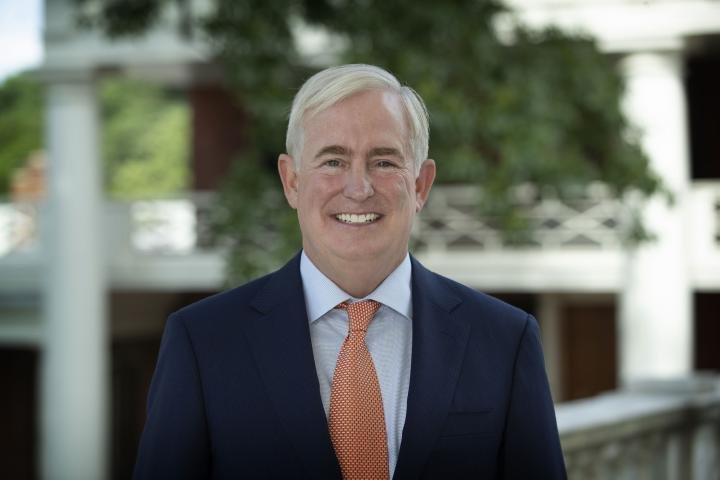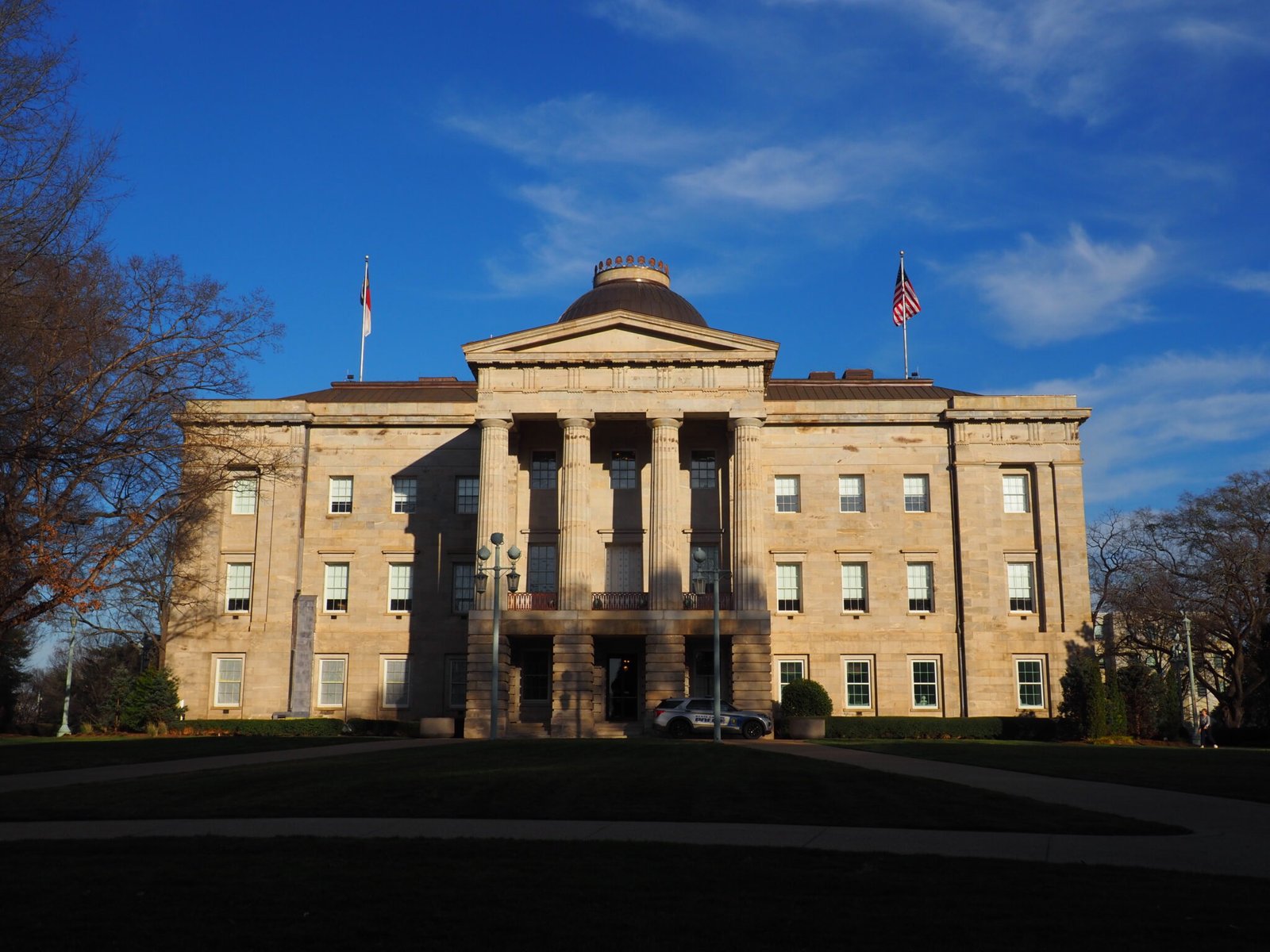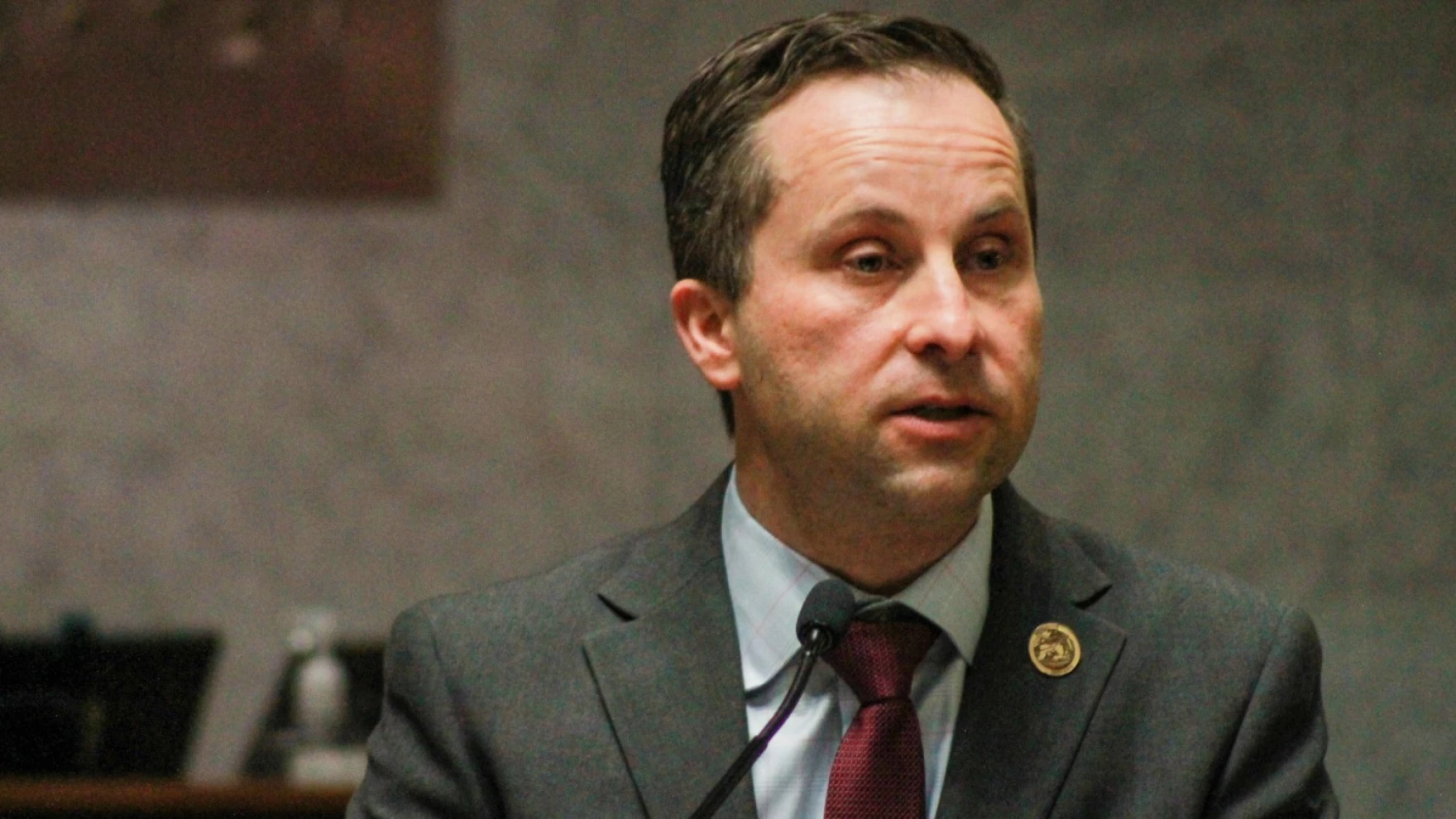Robert D. Hardie is a prominent figure known for his role as a member of the University of Virginia’s Board of Visitors. The Board of Visitors is the governing body of UVA, responsible for overseeing the university’s administration, finances, and policies. Hardie has gained recognition for his active involvement in guiding one of the nation’s leading public universities through important decisions that affect its future. His contributions reflect a blend of business expertise, academic commitment, and civic engagement.
Hardie holds a deep connection to the University of Virginia. He earned his bachelor’s degree from UVA’s McIntire School of Commerce and later returned to obtain an MBA from the university’s Darden School of Business. This educational background has helped him understand the university’s culture and priorities while equipping him with the skills to navigate complex institutional challenges. His ongoing engagement with UVA as an alumnus and board member showcases his dedication to supporting the university’s mission and advancing its standing as a top academic institution.
Professionally, Robert D. Hardie is a successful business executive and entrepreneur. He is known for co-founding and serving as co-CEO of Level One Partners, a real estate investment and development firm. His career spans several industries, including real estate, technology, finance, and consulting. This broad business experience enables him to bring valuable insights to UVA’s board, especially regarding financial oversight, strategic planning, and operational efficiency. Hardie’s business acumen helps ensure that the university maintains fiscal responsibility while pursuing growth and excellence in education.
As a member of the Board of Visitors, Hardie has been actively engaged in critical decisions affecting UVA’s leadership and policies. During the tenure of President James E. Ryan, Hardie publicly praised the university’s achievements under Ryan’s guidance. At a June 2025 board meeting, he highlighted the university’s academic success, athletic achievements, and its ability to produce prestigious Rhodes Scholars. His support for Ryan reflected a focus on measurable results and institutional progress.
However, Hardie’s role also intersects with complex political and social issues facing higher education today. The University of Virginia, like many institutions, has faced pressure surrounding its diversity, equity, and inclusion (DEI) programs. The university’s Board of Visitors voted to close the DEI office earlier in the year, aligning with broader federal directives and state-level political stances. This move was supported by Virginia’s Republican Governor, who described the decision as common sense and emphasized traditional American values of opportunity and equality.
Hardie’s position on the board during these developments demonstrates how governance at major universities often balances competing priorities. On one hand, there is the need to uphold academic standards and financial stability. On the other, there is growing political scrutiny of university policies and leadership choices. Hardie’s background in business and education places him in a key role to help navigate these tensions, guiding UVA through a challenging period.
Beyond UVA, Robert D. Hardie is known for his philanthropic activities and his support of higher education initiatives. He advocates for academic excellence and responsible governance, emphasizing the importance of maintaining university independence amid outside pressures. His leadership within the board reflects a commitment to both the university’s legacy and its future adaptability.
Hardie’s experience and decisions illustrate a broader trend in American higher education, where board members increasingly must address political and social controversies while focusing on institutional mission and sustainability. As universities face challenges from federal policies, state politics, and public opinion, leaders like Hardie play a crucial role in maintaining a stable path forward.
In the evolving landscape of university governance, Robert D. Hardie’s blend of business expertise, educational dedication, and civic responsibility marks him as a significant figure. His actions on the University of Virginia’s Board of Visitors will continue to shape the institution’s trajectory as it responds to both internal goals and external demands. Hardie’s leadership is closely watched by those interested in how public universities manage the balance between tradition, innovation, and political realities.







